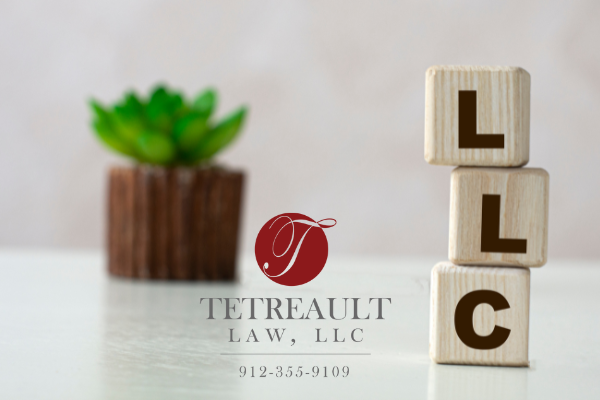
A Limited Liability Company (“LLC”) is a legal entity separate from its business owner that can protect personal assets (car, house, savings) should the real estate business be sued. Fundamentally, members of an LLC are not personally liable for the debts, obligations, and actions of the company itself. For that reason, LLCs are the most popular structure for real estate businesses in Georgia.
Starting and running an LLC is simple and offers essential benefits— like “limited liability.” Because LLC assets are used to pay off business debts, LLC owners stand to lose only the money they’ve invested in the LLC.
When can members of an LLC be personally liable for judgments against the LLC?
Although the general rule is that the owners, or members, of an LLC are not personally liable for the debts of the business, they may be found liable in at least two situations: when they personally guarantee the debt and, in very limited circumstances, when a court decides to “pierce the corporate veil” and hold them personally liable.
Members of an LLC will typically not be personally liable for the LLC’s debts if the members don’t personally guarantee or promise to pay its debts.
Thus, an LLC’s creditors can go after an LLC’s bank accounts and other property, but they can’t touch any personal property, such as personal bank accounts, homes, or cars. Many creditors, however, don’t want to be left holding the bag if a business goes under, so they will demand that the members personally guarantee any business loans, credit cards, or other extensions of credit to the LLC. The members would be personally liable if the LLC’s assets fall short in that situation.
Having an LLC will protect owners from personal liability for any wrongdoing committed by the co-owners or employees of an LLC during the course of business.
If the LLC is found liable for the negligence or misconduct of its owner or employee, creditors may look to the LLC to satisfy the judgment. However, the LLC owners would not be personally liable for that debt. Of course, the owner or employee who committed the act might also be personally responsible for their actions, but a co-owner of the LLC who was not involved in the act or wrongdoing would not be.
There is one extremely significant exception to the limited liability provided by LLCs.
If a business operates as an LLC, the members will remain personally liable for any wrongdoing they commit during the course of the LLC business. For example, LLC owners can be held personally liable if they:
- personally and directly injure someone during the course of business due to their negligence
- fail to deposit taxes withheld from employees’ wages
- intentionally do something fraudulent, illegal, or reckless during the course of business that causes harm to the company or someone else, or
- treat the LLC as an extension of their personal affairs rather than as a separate legal entity.
Thus, forming an LLC will not protect a member against personal liability for their own negligence, malpractice, or other personal wrongdoing that they commit related to their business. Moreover, if both the member and the LLC are found liable for an act they commit, then the LLC’s assets and the member’s personal assets could be taken by creditors to satisfy the judgment. This is why LLCs and their owner-members should always have liability insurance.
Commercial Real Estate Lawyer in Savannah
To schedule a consultation with our experienced commercial real estate attorney, call our office at (912) 355-9109 or go online.
